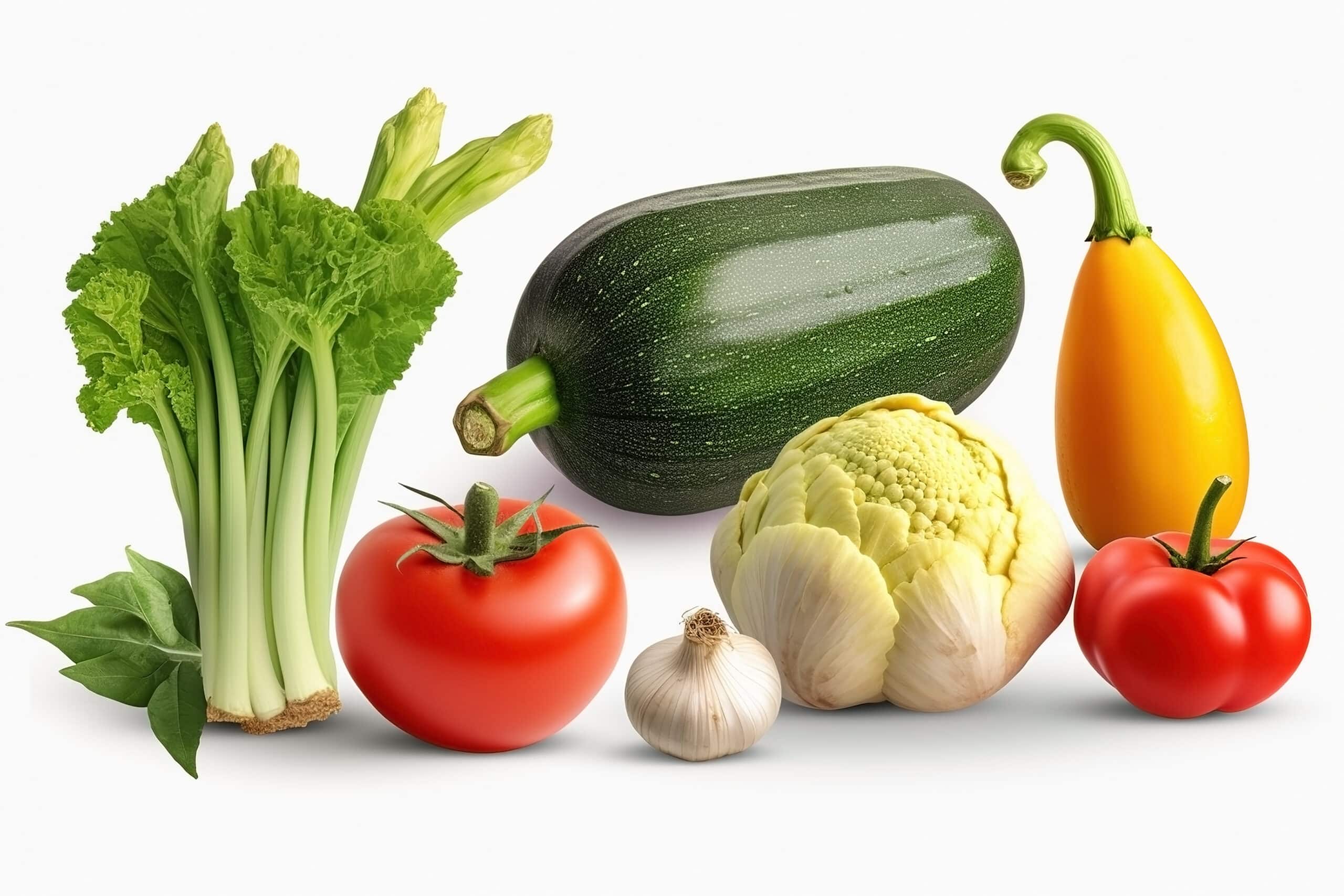What is the #1 Consumed Vegetable?
Key Takeaways
- Tomatoes are the most consumed vegetable worldwide, known for their versatility and nutritional benefits.
- In the United States, tomatoes and onions are the most popular fresh vegetables consumed, emphasizing their significance in American diets.
- Efforts to promote vegetable consumption, especially among children, are necessary for a healthier population.
When it comes to the most consumed vegetable worldwide, there is one clear winner – tomatoes. Tomatoes have long been a staple in many cuisines around the globe and are used in a wide variety of dishes. Whether it’s in salads, sauces, soups, or even consumed on their own, tomatoes are incredibly versatile and loved by people of all ages.
Tomatoes: A Global Favorite
According to an article on Worldatlas, tomatoes are the most consumed vegetable worldwide. They are rich in nutrients, including vitamins A and C, and are a great source of antioxidants. Tomatoes are also known for their lycopene content, a powerful antioxidant that has been linked to numerous health benefits, including a reduced risk of certain cancers.
In the United States, tomatoes are not only popular but also one of the most commonly consumed fresh vegetables. According to Statista, both onions and tomatoes rank among the top fresh vegetables consumed by Americans. The versatility of tomatoes makes them a favorite ingredient in many dishes, from pasta sauces to sandwiches.
Vegetable Consumption in the United States
The United States is a nation that values its vegetables. Americans consume a significant amount of fresh and processed vegetables each year. On average, an American utilizes about 137 pounds of fresh vegetables and 109 pounds of processed vegetables annually, as mentioned in the same Statista article.
However, while tomatoes are popular, they are not the only vegetable that Americans love. Onions, with their versatile flavor and ability to enhance a wide range of dishes, are also widely consumed. The consumption of onions and tomatoes highlights the importance of these vegetables in American diets.
When it comes to household expenditure on fruits and vegetables, fresh vegetables capture a significant share. In fact, fresh vegetables account for 32 percent of the total fruits and vegetables expenditures in U.S. households, according to the same Statista article. This indicates that Americans prioritize the consumption of fresh produce in their diet.
Frozen vegetables also play a role in American diets. On average, every U.S. consumer annually spends approximately 50 U.S. dollars on frozen vegetables, as mentioned in the Statista article. While fresh vegetables are preferred by many, frozen vegetables provide convenience and an extended shelf life.
Challenges in Vegetable Consumption
While vegetables are undoubtedly important for a healthy diet, there are challenges in ensuring adequate consumption, particularly among children. According to the CDC, nearly half of children aged 1 to 5 years old in the United States did not eat a vegetable every day during the week before the survey in 2021. This highlights the need for increased efforts to promote vegetable consumption among children.
Popular Vegetables in Diets
Aside from being widely consumed, some vegetables have gained popularity in specific diets. Arugula, for example, is a popular choice among health-conscious individuals. It is known for its peppery flavor and is often enjoyed in salads or used as a topping on pizzas and sandwiches, as mentioned in an article on EatingWell.
Spinach is another vegetable that has gained popularity in diets. According to an article on Today, spinach is considered the most popular vegetable in diets. It is highly nutritious, packed with vitamins, minerals, and antioxidants. Spinach is versatile and can be enjoyed in salads, smoothies, stir-fries, and even as a replacement for lettuce in sandwiches.
In Conclusion
While there are many delicious and nutritious vegetables to choose from, tomatoes stand out as the most consumed vegetable worldwide. Their versatility, flavor, and nutritional benefits make them a favorite in a variety of cuisines. In the United States, onions and tomatoes are the most popular fresh vegetables consumed, highlighting their importance in American diets. However, challenges remain in ensuring adequate vegetable consumption, especially among children. Efforts to promote vegetable intake and educate on their benefits are crucial for a healthier population.
Related Websites:
FAQs:
Q: Why are vegetables important in a healthy diet?
Vegetables are important in a healthy diet because they are rich in essential nutrients, fiber, and antioxidants. They provide numerous health benefits, including reduced risk of chronic diseases, improved digestion, and boosted immune system.
Q: How does vegetable consumption vary across different regions and cultures?
Vegetable consumption can vary across different regions and cultures due to factors such as culinary traditions, agricultural practices, and availability of locally grown produce. Some cultures prioritize certain vegetables in their traditional dishes, while others may have limited access to a wide variety of vegetables.
Q: What are the benefits of popular vegetables?
Popular vegetables offer a range of benefits. For example, leafy greens like spinach and kale are packed with vitamins and minerals, while carrots are a great source of beta-carotene. Broccoli and cauliflower are known for their cancer-fighting properties, and tomatoes provide lycopene, which promotes heart health.
Q: How can vegetables be incorporated into meals?
Vegetables can be prepared and incorporated into meals in various ways. They can be enjoyed raw in salads, steamed, roasted, stir-fried, or blended into smoothies. Adding vegetables to soups, stews, and pasta dishes is also a popular option. The key is to experiment with different cooking methods and flavor combinations to find what suits your taste preferences.
Q: How important are personal preferences and dietary needs in vegetable consumption?
Personal preferences play a significant role in vegetable consumption. Everyone has different tastes, and it’s important to enjoy the vegetables you eat. Additionally, dietary needs and restrictions can influence vegetable choices. For example, individuals following a vegetarian or vegan diet may prioritize certain plant-based protein sources like beans and lentils.






